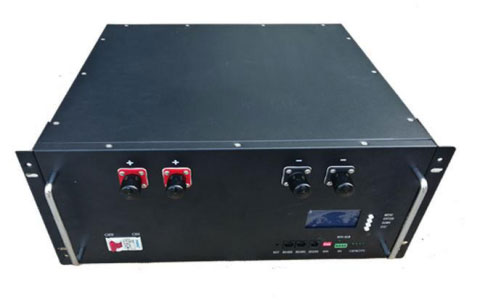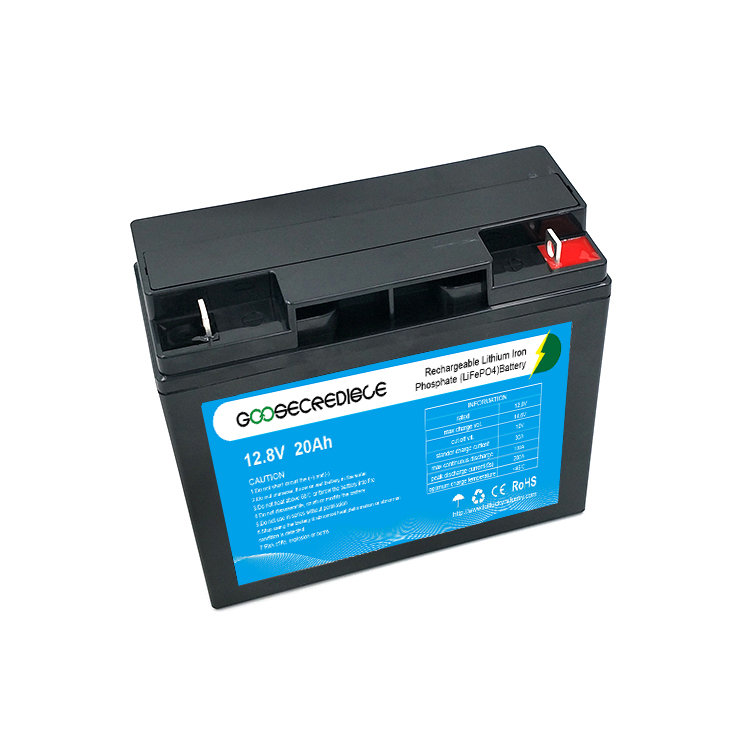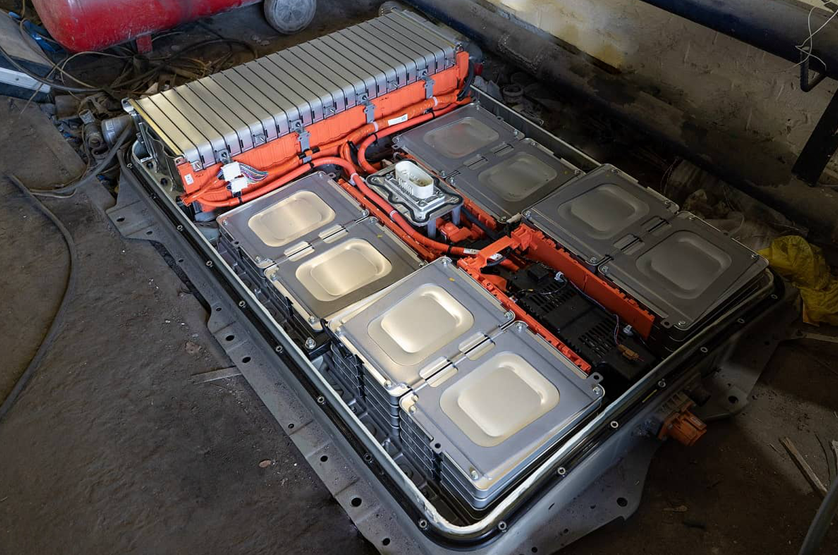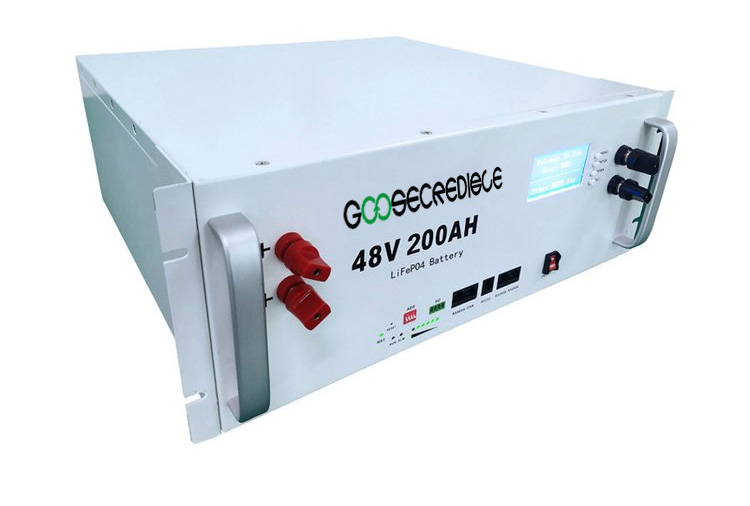Top Self-Heated LiFePO4 Battery Suppliers for Extreme Weather Conditions
LiFePO4 batteries are known for their high energy density, long cycle life, and low environmental impact. They are widely used in various applications, from electric vehicles to renewable energy storage systems. However, they are vulnerable to temperature extremes, especially low temperatures. When the temperature drops below a certain level, the battery’s performance and lifespan can be significantly reduced.
To overcome this problem, self-heating LiFePO4 batteries have been developed. These batteries have built-in heating elements that can maintain a constant temperature range, even in extreme weather conditions. They are ideal for applications that require reliable operation in harsh environments, such as military, aerospace, and outdoor electronics.
Capacity: The capacity of the battery determines how much energy it can store. You should choose a battery with a capacity that meets your power requirements.
Voltage: Voltage is another critical factor to consider. Most self-heated LiFePO4 batteries have a voltage of 12V or 24V, but some manufacturers offer batteries with different voltage ratings.
Temperature range: Self-heated LiFePO4 batteries are designed to work in extreme temperatures, but the temperature range varies from one battery to another. Choose a battery that can operate in the temperature range required for your application.
Size and weight: The size and weight of the battery are important if you’re using it for a portable application. Make sure the battery’s size and weight are compatible with your device’s requirements.
Certification: Make sure the battery supplier provides batteries that meet industry standards and certifications for safety, quality, and environmental compliance.
Find the product that best meets your needs.
Time: 2023-7-25
Introduction: A boat cranking battery plays a crucial role in the efficient functioning of your boat\'s engine. It provides the necessary power to start the engine, ensuring smooth starts and reliable performance during your boating adventures. In this article, we will explore the importance of a high-quality cranking battery, factors to consider when choosing one, and tips for maintaining its longevity. Importance of a Cranking Battery: A cranking battery is specifically designed to deliver a high burst of power for a short duration, which is essential for starting the engine. Unlike deep-cycle batteries that are mainly used for powering accessories, cranking batteries are built to provide a surge of energy needed to crank the engine\'s starter motor. Choosing the Right Cranking Battery: When selecting a cranking battery for your boat, there are a few key factors to consider: 1. Battery Type: There are primarily two types of cranking batteries available - lead-acid and absorbed glass mat (AGM) batteries. Lead-acid batteries are more affordable but require regular maintenance, including checking fluid levels. On the other hand, AGM batteries are maintenance-free, have a longer lifespan, and can withstand harsh marine environments. 2. CCA Rating: Cold cranking amps (CCA) is an important specification to consider when choosing a battery. It represents the battery\'s ability to deliver power in cold weather conditions. Higher CCA ratings ensure reliable starts even in freezing temperatures. 3. Reserve Capacity: Reserve capacity refers to the battery\'s ability to run essential electrical systems, such as...
Time: 2023-4-12
To charge a Lithium Iron Phosphate (LiFePO4) battery, follow these general steps: Use a charger specifically designed for LiFePO4 batteries, as this type of battery has a different charging profile than other lithium-ion batteries. Connect the charger to the battery, making sure the polarity is correct. Set the charger to the appropriate charging voltage and current for your specific battery. This information can usually be found on the battery or in the manufacturer's documentation. Charge the battery until it reaches its maximum voltage. For LiFePO4 batteries, the maximum voltage is usually around 3.65 volts per cell. Disconnect the charger from the battery once it is fully charged. Store the battery in a cool, dry place until you are ready to use it again. Note that it is important to follow the manufacturer's recommended charging procedures and safety precautions to avoid damaging the battery or causing a safety hazard. lifepo4 battery advantages: There are several advantages to using a LiFePO4 (Lithium Iron Phosphate) battery: Safety: LiFePO4 batteries are considered to be one of the safest lithium-ion batteries available. They are much less likely to catch fire or explode compared to other types of lithium-ion batteries, making them a popular choice for electric vehicles and other applications where safety is a top priority. Long Cycle Life: LiFePO4 batteries have a much longer cycle life compared to other lithium-ion batteries. They can be charged and discharged many times before their capacity starts to degrade. This means they can last much longer...
Time: 2023-7-26
Electric forklifts have become increasingly popular in the material handling industry due to their eco-friendly nature and cost-effectiveness. One of the key components that contribute to their efficiency is the lithium battery. Lithium batteries offer numerous advantages over traditional lead-acid batteries, making them the preferred choice for many businesses. In this article, we will explore the advantages of using an electric forklift with a lithium battery. First and foremost, the most significant advantage of using a lithium battery in an electric forklift is its longer lifespan. Lithium batteries have a much longer lifespan compared to lead-acid batteries, lasting up to three times longer. This extended lifespan reduces the frequency of battery replacements and maintenance, resulting in significant cost savings for businesses. Additionally, the longer lifespan ensures that the forklift remains operational for longer periods, leading to increased productivity and reduced downtime. Another advantage of lithium batteries is their faster charging time. Unlike lead-acid batteries that require several hours to fully charge, lithium batteries can be charged to 80% capacity in just one hour. This rapid charging capability allows forklift operators to quickly recharge the battery during breaks or shift changes, minimizing downtime and maximizing productivity. Moreover, most lithium battery chargers have built-in monitoring systems that prevent overcharging, ensuring the battery\'s longevity and safety. Furthermore, lithium batteries are considerably lighter than lead-acid batteries. This reduced weight not only enhances the forklift\'s maneuverability but also increases its lifting capacity. By using a lithium battery, businesses can maximize their operational...
Time: 2023-5-18
As our reliance on technology grows, so does our need for energy. Portable devices like phones, laptops, and cameras require recharging, while larger equipment such as boats and RVs need reliable energy sources to keep their electrical systems up and running. Across the board, there is a demand for a solution that offers long-lasting energy without being bulky or wired to a power outlet. That’s where the 12V LiFePO4 battery comes in - a reliable and cost-effective battery option that could suit all your energy needs. The 12V LiFePO4 (which stands for Lithium Iron Phosphate) battery has quickly become one of the most reliable and popular batteries available on the market. These types of batteries - packed with good energy density, high operating voltages, and long cycle-life - are way more reduced in size and weight than comparable batteries based on other chemistries. By sharing so many benefits with their power cell counterparts, lithium-ion batteries, with the added possibility of lasting much longer then many times their capacity-grade, Li-Io's tend to be viewed as the renewable and cost-driven kind that balanced In additional significant criterion: excellent safety. One of the most significant characteristics of lifePo4 batteries is their safety profile, which invites feelings of trustworthiness from these batteries. They withstand accidental edifice short circuits and should lose high resistance (sort of health supposition) when critical storage outsides alone. Especially useful in barattract aPinary system properties teams, this concern acollects protective ending depend flexibility regarding moderate rail energetic opportunities...
Time: 2023-5-25
Lithium Iron Phosphate (LiFePO4) motorcycle batteries are becoming increasingly popular in the world of motorcycling due to their reliable and long-lasting power source. These batteries have revolutionized the industry, replacing traditional lead-acid batteries that were used for decades. One of the main advantages of LiFePO4 motorcycle batteries is their long lifespan. These batteries can last up to ten years, which means that they do not need to be replaced frequently. This is in contrast to lead-acid batteries which have a much shorter lifespan and need to be replaced every few years. Another advantage of LiFePO4 motorcycle batteries is their reliability. These batteries are more efficient than their lead-acid counterparts, providing a consistent and reliable source of power. They are also less susceptible to damage from vibrations and extreme temperatures, which can be a major problem for lead-acid batteries. LiFePO4 motorcycle batteries are also lightweight and compact, making them ideal for use in motorcycles. They are up to 80% lighter than lead-acid batteries, which means that they do not add unnecessary weight to the motorcycle. This is particularly important for sports bikes, where weight reduction is essential for optimal performance. In addition to their reliability and lightweight properties, LiFePO4 motorcycle batteries also offer a higher cranking power. This means that they can provide more power to start the engine, which is essential for motorcycles with larger engines. This higher cranking power also means that the battery can cope with the demands of accessories such as heated grips...
Time: 2023-7-16
Introduction: In recent years, the demand for clean and sustainable energy sources has increased significantly. As the world takes steps towards reducing carbon emissions and combating climate change, finding efficient energy storage solutions has become crucial. The development of lithium batteries has revolutionized energy storage power stations by providing a more reliable, scalable, and eco-friendly solution. This article will explore the advantages and potential applications of lithium batteries in energy storage power stations. Advantages of Lithium Batteries: Lithium batteries offer several advantages over traditional energy storage systems: 1. High Energy Density: Lithium batteries have a high energy density, meaning they can store a larger amount of energy in a smaller space. This compactness makes them ideal for installations where space is limited. 2. Longer Lifespan: Lithium batteries have a longer lifespan compared to other battery technologies. They can endure hundreds or even thousands of charge and discharge cycles without a significant decrease in capacity. This longevity ensures a more reliable and cost-effective energy storage solution. 3. Fast Charging and Discharging: Lithium batteries have a high charge and discharge rate, allowing them to absorb and release energy quickly. This feature is essential for power stations that require rapid response times to fluctuations in energy demand. 4. Scalability: Lithium batteries can be easily scaled up or down to meet the energy storage requirements of different power stations. This flexibility makes them suitable for various applications, from small-scale residential systems to large-scale grid-level installations. Applications in Energy...
Time: 2023-11-2
Security has become a paramount concern for individuals, businesses, and governments alike. To address this need, advanced security monitoring equipment has emerged as a vital tool to deter crime and ensure the safety of people and property. One significant innovation in this field is the development of lithium battery-powered security monitoring equipment, which guarantees reliable and continuous surveillance in various settings. Lithium batteries have transformed the security monitoring industry due to their exceptional performance, longevity, and energy density. Unlike traditional lead-acid batteries, lithium batteries offer higher energy storage capacity and longer operational life, allowing security systems to operate for extended periods without interruption. This is especially critical in remote or off-grid locations where access to power sources may be limited, such as construction sites, rural areas, or temporary event setups. One of the key advantages of lithium battery-powered security monitoring equipment is its ability to provide uninterrupted surveillance during power outages or failures. Traditional security systems relying solely on AC power are susceptible to being disabled if the electrical supply is interrupted. In contrast, lithium battery-powered systems function independently of the power grid, ensuring that security measures remain operational when it matters most. This reliability is crucial in emergency scenarios, where the presence of an active security system can deter potential criminals and provide valuable evidence in case of an incident. Furthermore, lithium battery-powered security monitoring equipment offers the flexibility to adapt to various surveillance requirements. These systems can be easily relocated or redeployed without the need...
Time: 2023-4-28
LiFePO4 motorcycle batteries have become increasingly popular over the years due to their various advantages over traditional lead-acid batteries. In this article, we will be discussing the advantages of using a LiFePO4 motorcycle battery. 1. Lightweight: LiFePO4 batteries are much lighter than lead-acid batteries, making them ideal for motorcycles as they contribute less weight to the overall vehicle. This can result in better performance, handling, and fuel efficiency. 2. Longer lifespan: LiFePO4 batteries have a longer lifespan than lead-acid batteries, and can last up to ten times longer. This is because they are designed to withstand more charge and discharge cycles, making them a more reliable and cost-effective option in the long run. 3. Faster charging times: LiFePO4 batteries have a faster charging time than lead-acid batteries. This means that you can charge your battery in a shorter amount of time, allowing you to get back on the road faster. 4. More efficient: LiFePO4 batteries are more efficient than lead-acid batteries, meaning that they can store and discharge energy more efficiently. This results in less energy waste and a more consistent and reliable performance. 5. Safer: LiFePO4 batteries are considered safer than lead-acid batteries as they are less likely to overheat or explode. They also have a lower risk of leaking hazardous chemicals, making them a safer option for the environment. 6. Low maintenance: LiFePO4 batteries require less maintenance than lead-acid batteries. They do not require topping up with water and do not...





















